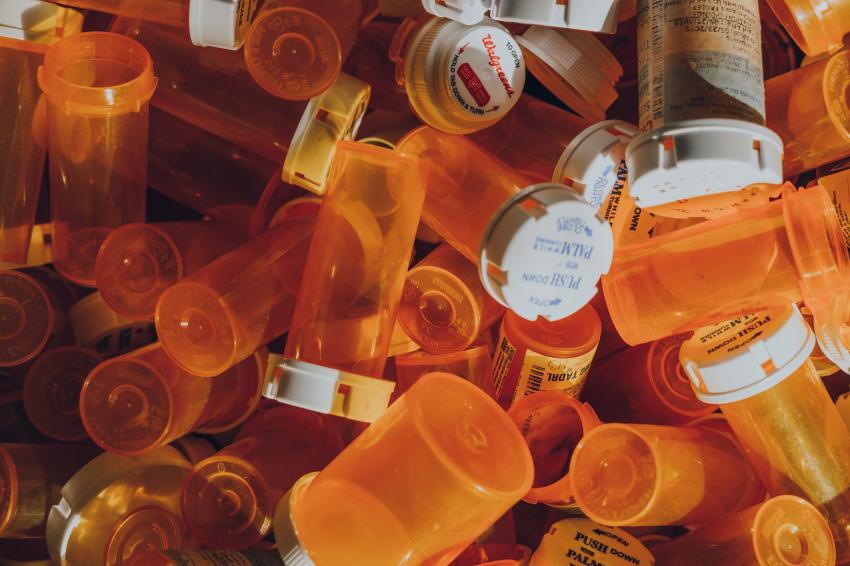US Plans Public-Private Consortium for Drug “Onshoring”
The White House announcement made on Jun. 8 builds on an executive order the president signed in February, two months into his tenure, calling for a multi-industry review of key supply chains. Along with drugs, the recently completed review also looked at the electronics sector, where semi-conductors are in short supply, as well as battery materials for electric vehicles.
Biden said investment in supply chains is critical, because as the Covid-19 pandemic and the resulting economic crisis have shown, “weakness in both domestic and international chains threatens America’s economic and national security.” As reasons for the weakness he named unfair trade practices by “competitor nations” (later letting the names China and India drop) and the home-grown prioritization of cheap labor, just-in-time production and a focus on short-term returns.
In major part, the administration’s plan for more domestic output of pharmaceuticals seems to be aimed equally at APIs and finished drugs, due in particular to the disclosure that the federal government is committing around $60 million to study new technologies to boost domestic API production.
Other of the planned measures entail creating new authorities that would help track API sourcing, as well as production on a facility-by-facility basis and requiring the origin of all drug ingredients and finished drugs to be identified on the label.
Though investment in innovation by both the government and the pharmaceutical industry allowed the US to rapidly develop supply chains for Covid vaccines, the country remains “critically dependent on imports for a range of key pharmaceutical products and APIs,” the president said. Imports make up 90% of all prescription medicines filled. At the same time, some 87% of generic active pharmaceutical ingredient API facilities are located abroad, leaving the US “vulnerable.”
To the Department of Health and Human Services (HHS) the task will fall to create the planned public-private consortium, which would leverage the Defense Production Act and existing partnerships to boost local production on US soil – though the president said just days ago the US would no longer oblige recipients of Covid vaccine funding to prioritize the domestic market. The consortium’s first task would be to identify the medicines to be prioritized.
In addition to padding the R&D budget for pharma innovation, the White House is also calling on government agencies to increase funding for advanced manufacturing technologies in drug and API production. Which technologies has not been specified, though observers noted that the FDA has been leaning on drugmakers to embrace 3D printing and continuous manufacturing.
Author: Dede Williams, Freelance Journalist





